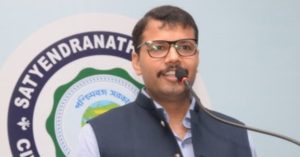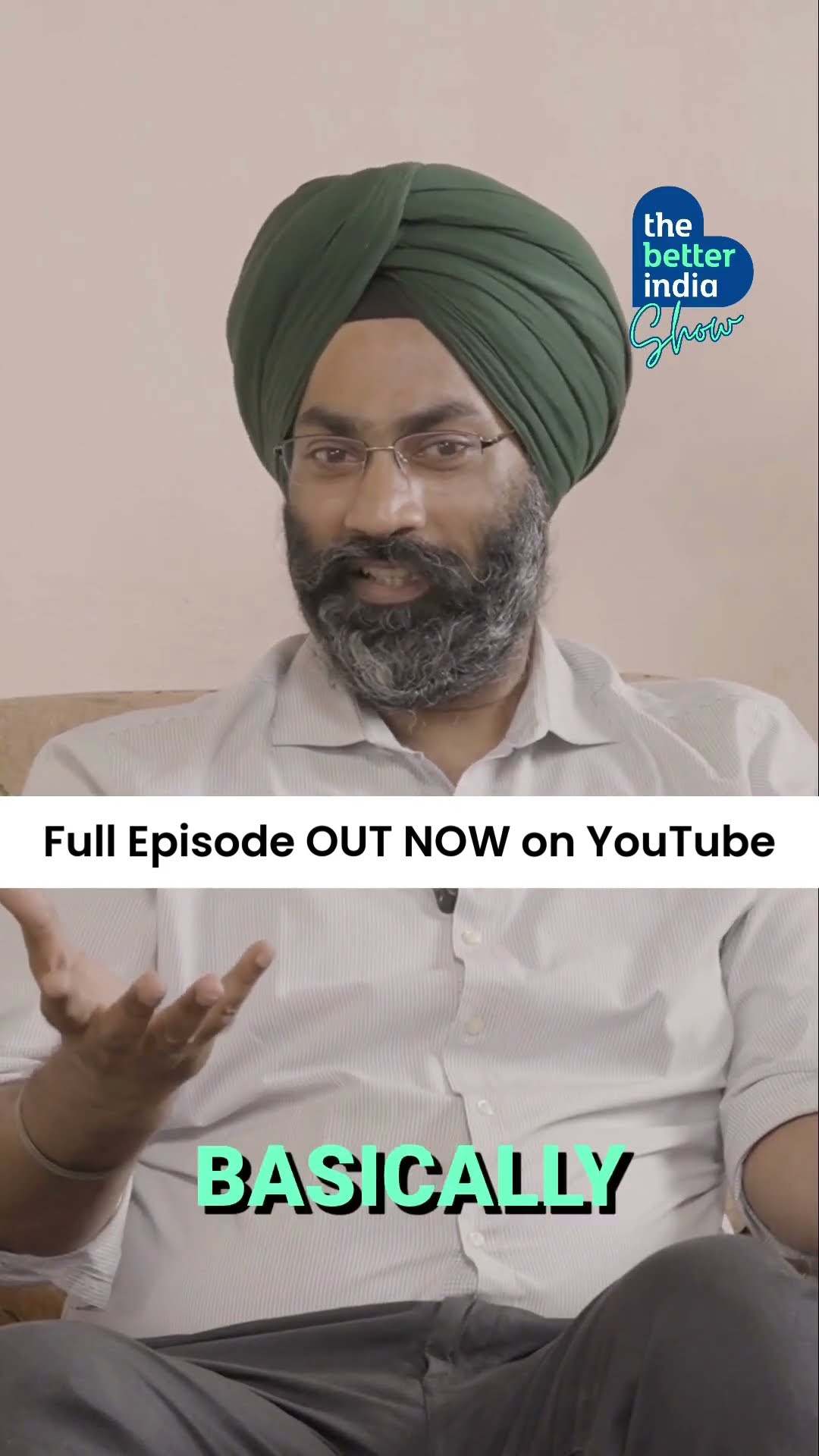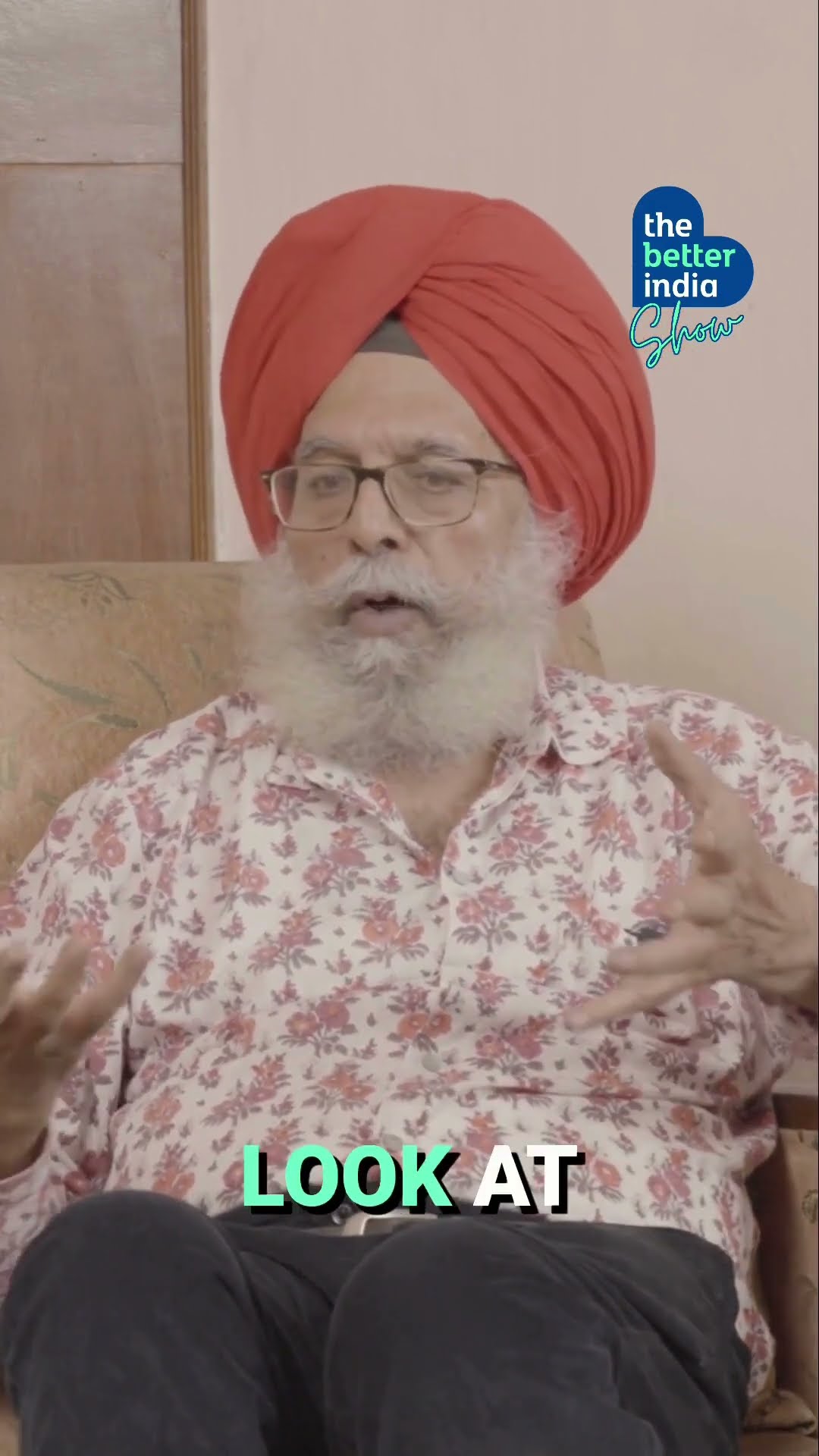UPSC CSE: IPS Officer’s Guide on Quick & Easy Revision Techniques
In his fourth attempt, IPS officer Rishabh Bhola secured an All India Rank of 410 in the UPSC CSE 2021. He shares five tips for effective note-making to help retain and review information during revision.
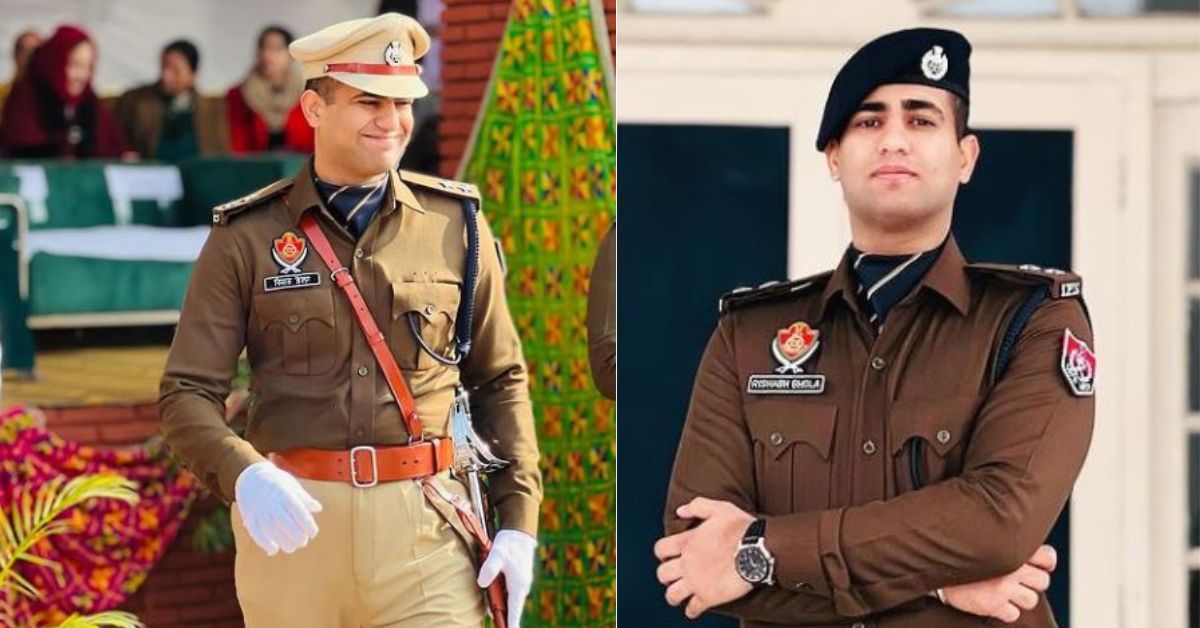
The syllabus of UPSC CSE encompasses a wide range of subjects from science, history, and geography to economics, politics, and more. The aspirants are expected to have a thorough knowledge of these subjects, which makes the preparation journey challenging and exhaustive.
Considering the vast syllabus, creating concise notes helps aspirants break down complex concepts into simpler ones, structure ideas and information logically, help candidates grasp huge topics, and create a roadmap for effective revision.
However, making notes requires a lot of patience and is a skilful exercise.
We sat down with IPS officer Rishabh Bhola to understand how to make notes to retain and review information during the stage of revision and examination.
For the love of the ‘khaki’
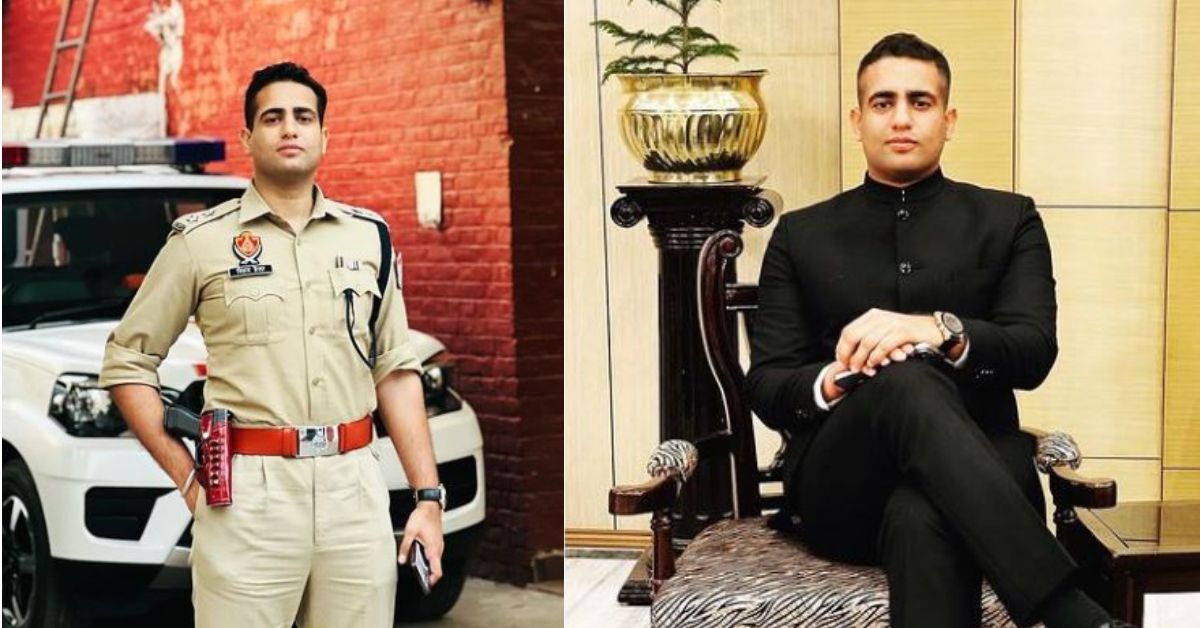
Originally hailing from Patiala, Punjab, Rishabh grew up hearing the unsung heroic tales of freedom fighters — Tama Dora, Bhagat Singh, Lala Lajpat Rai, Bhishma Pitamah (supreme commander of the Kauravas in the Mahabharat epic), and the 10 Sikh gurus.
“Their stories inculpated in me the feeling of national pride and love for our nation. When I was studying in Class 8, I decided to become a fighter pilot as I was passionate enough to join the defence forces and serve the nation to the fullest,” he says.
“I learnt about various military leaders like former chief of the Army staff Sam Manekshaw, field marshal George S Patton, and military officer Nirmal Jit Singh Sekhon. However, that dream shattered and my ambition to touch the sky with glory crash-landed when I got a medical rejection for the Air Force. I got an issue related to my spine, which was not a major one as it’s very common in tall people. However, it caused rejection in the Air Force,” he shares.
But this did not deter Rishabh.
In 2016, while pursuing computer engineering at the Punjabi University, Patiala, he started preparing for UPSC, which offered him an alternate way to serve the country. “After three unsuccessful attempts, I finally landed from one uniform to another being the IPS,” he says.
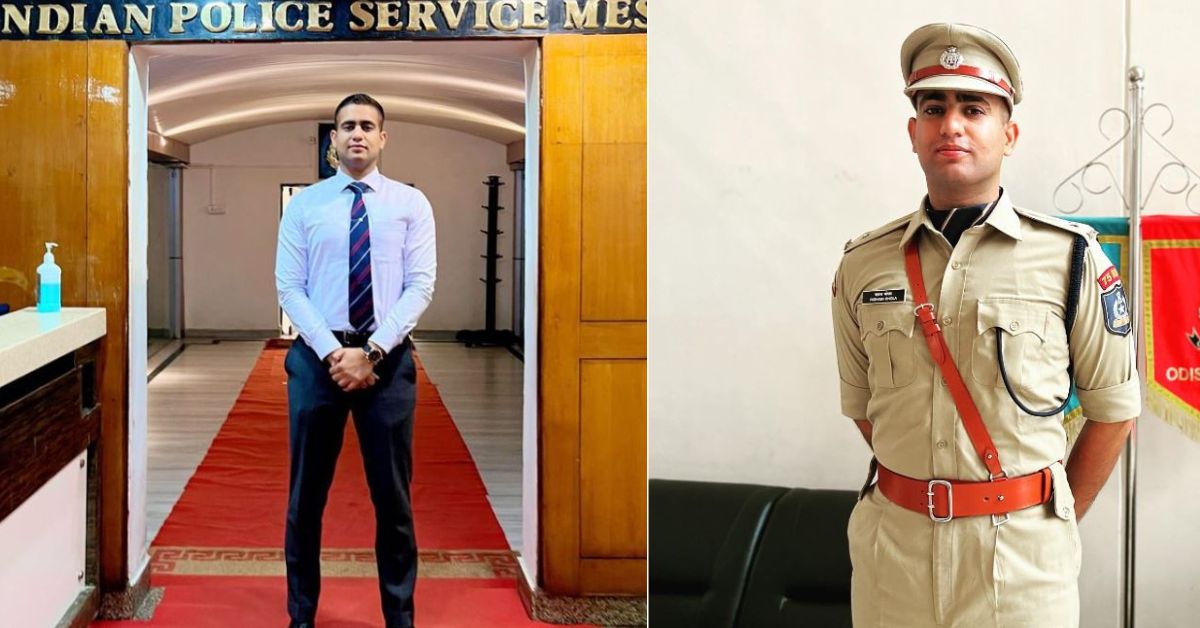
In his fourth attempt, Rishabh secured an All India Rank of 410 in UPSC CSE 2021. Currently, the 28-year-old is posted at Tarn Taran, Punjab, as an ASP under training.
Five tips to write notes for quick revision
Sharing a few mistakes and learnings during his UPSC preparation journey, he says, “Never ignore smaller things as I did. For instance, I ignored the CSAT (Civil Services Aptitude Test) exam. As a result, I failed the exam for three successive times.”
“Also, never be overconfident about your preparation, and don’t go for the vast resources. Remember to follow the previous year’s question papers, which are like the bible of this exam. Do not leave them at any cost. Practise them again and again with original answer keys,” he adds.
“Never take studies as a burden, instead be happy that you are learning so many things out of it that you would never have,” he adds.
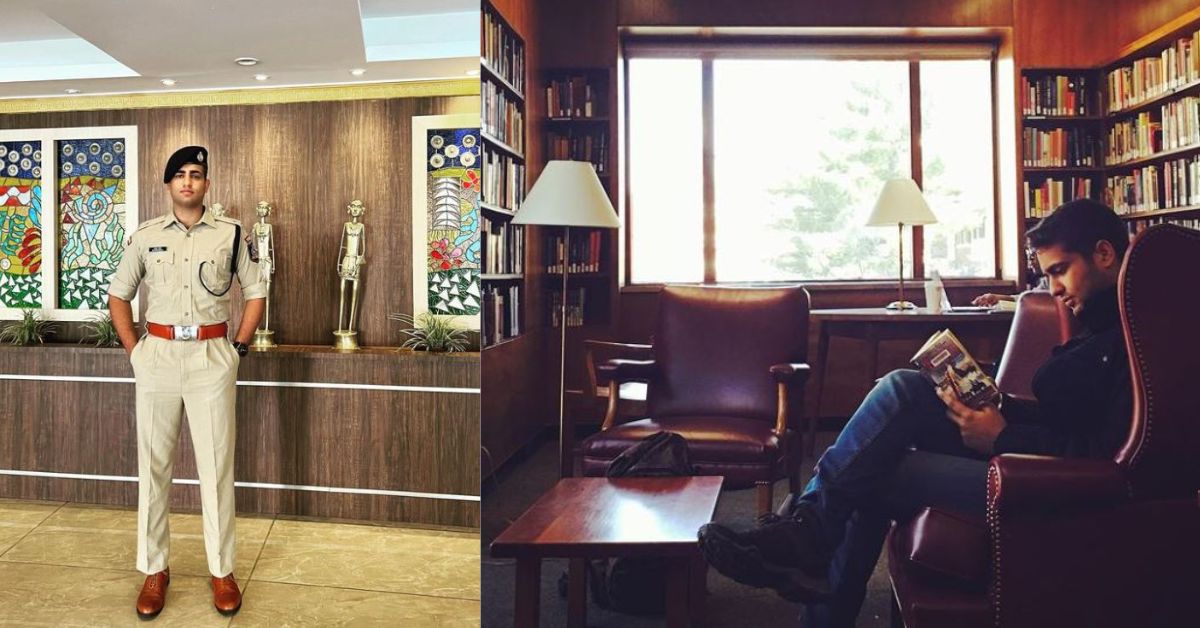
Rishabh believes smart revision is the holy grail for clearing the UPSC examination. “One can do a lot of hard work but what we require is smart work of how to present what you have learnt,” he points out.
Essentially, this requires aspirants to master note-making, which acts as a condensed version of the extensive syllabus, so that when the examination date draws near, aspirants can refer to their quick reference guide for an efficient revision.
The IPS officer shares five ultimate tips and techniques to prepare notes that aspirants can easily refer to during the stage of preparation and examination.
1. Firstly, read the book completely. After the first reading, start underlining crucial information to make notes.
2. Keep one source for revision and add all your new learnings in the same notes.
3. Make the notes syllabus-wise and add new points in your notes.
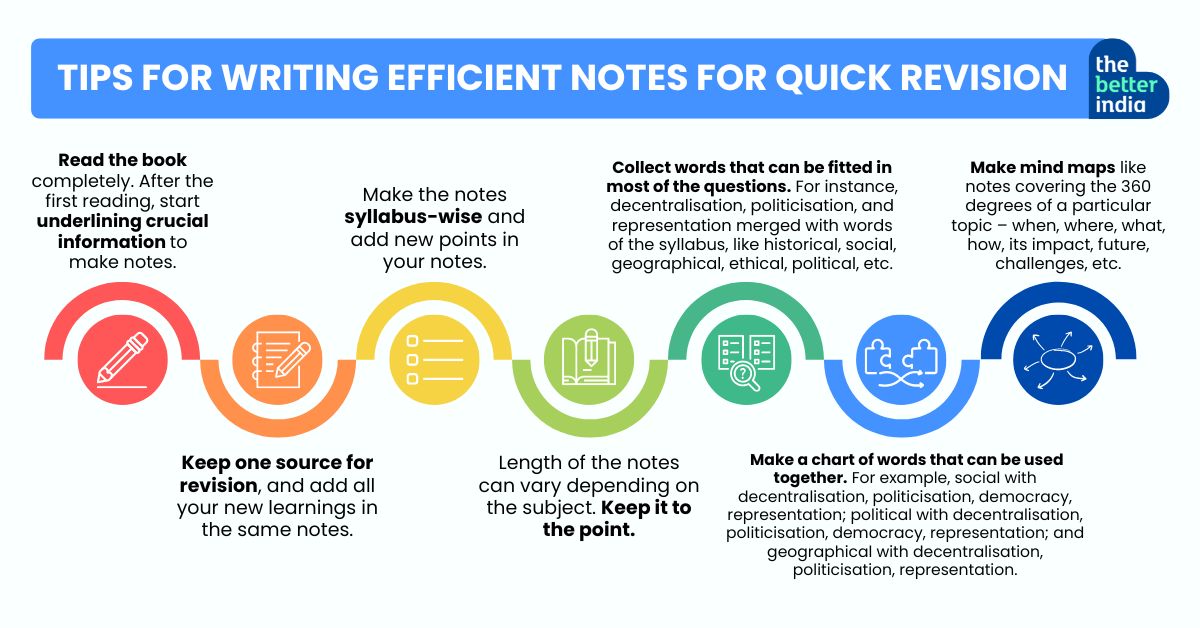
Talking about the length of the notes per subject, he says, “It’s very subjective. However, for bigger subjects, my notes were around 35 pages, and for smaller subjects around 10 to 12 pages.”
4. Collect words that can be fitted in most of the questions. For instance, decentralisation, politicisation, and representation merged with words of the syllabus, like historical, social, geographical, ethical, political, etc.
“Make a chart of words that can be used together. For example, social with decentralisation, politicisation, democracy, representation; political with decentralisation, politicisation, democracy, representation; and geographical with decentralisation, politicisation, representation,” he explains.
5. Make mind maps like notes covering the 360 degrees of a particular topic – when, where, what, how, its impact, future, challenges, etc.
At the end of the conversation, IPS Rishabh also advises aspirants to find wholehearted support from a person for emotional stability.
“Find a person in your life who supports you in this journey irrespective of the number of failures and stays with you like a bedrock, cheering you up in all your sorrows. Find that person who encourages you even when you lose confidence in yourself — the one who enjoys making you laugh, making studies fun rather than a burden that you have to complete,” he adds.
Edited by Pranita Bhat; All photos: Rishabh Bhola (Instagram).
If you found our stories insightful, informative, or even just enjoyable, we invite you to consider making a voluntary payment to support the work we do at The Better India. Your contribution helps us continue producing quality content that educates, inspires, and drives positive change.
Choose one of the payment options below for your contribution-
By paying for the stories you value, you directly contribute to sustaining our efforts focused on making a difference in the world. Together, let's ensure that impactful stories continue to be told and shared, enriching lives and communities alike.
Thank you for your support. Here are some frequently asked questions you might find helpful to know why you are contributing?





